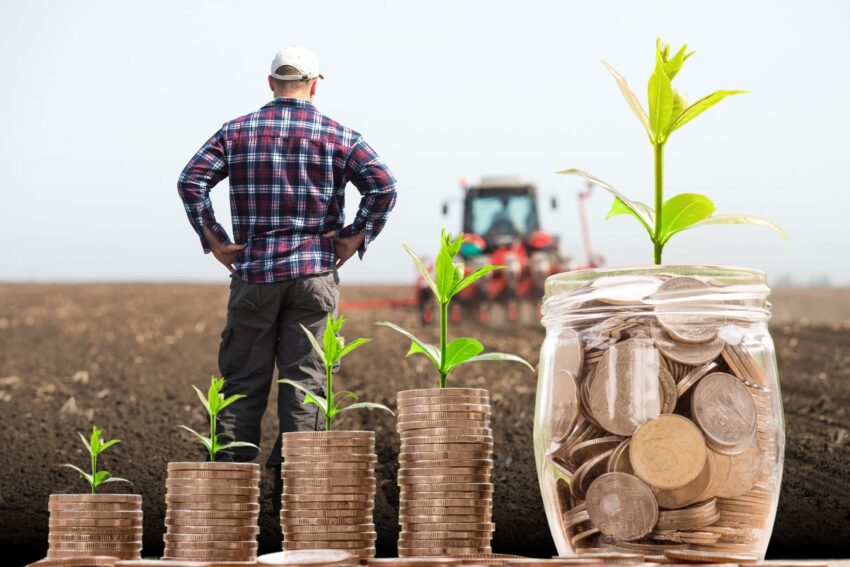Media talking heads are always talking about the environmental sustainability of modern agriculture, but they often fail to address the economic sustainability of farmers. Without ensuring the latter, the former is irrelevant, and our complex system of international agriculture will rapidly disintegrate. Unfortunately, the current narrative around environmental sustainability often does not account for the economics of agriculture, which is responsible for feeding the billions of people in our world. How are farmers expected to adopt costly “sustainability” solutions when many are expected to be already losing money this year?
Farmers in the U.S. face escalating costs and reduced revenues, exacerbated by inflation, green mandates, and fluctuating commodity prices. This has led to a significant reduction in the number of farms, with approximately 140,000 disappearing in just five years. This contraction isn’t just a loss of agricultural land but signifies the economic distress affecting rural communities, potentially turning these areas into new “rust belts” as observed with recent farm closures.
The debate over land use, particularly the comparison between agriculture for biofuels like corn ethanol versus solar farms for renewable energy, underscores a critical point: how land is used can significantly impact both economic and environmental outcomes. The argument that more land is dedicated to corn ethanol than is needed for solar panels for “green” energy needs ignores the long-term environmental impact of turning crop farms into high-tech fields full of solar panels, and how this also affects land prices. Biofuels, which were once considered “sustainable,” are now supposed to make way for the new trend in “going green,” even though biofuels are a much-needed lifeline for farmers seeking to market their grains.
The push towards sustainable practices, often mandated through policy, aims at reducing environmental footprints but can strain farmers economically when not balanced with financial support or market adjustments. The mention of a new mandate on “sustainable produce” indicates a policy direction that could further pressure farmers if not accompanied by economic incentives or relief. Another problem is that policies intended to reduce CO2 levels actually hurt farmers, as increased CO2 levels have been noted to boost crop yields significantly, acting as an unintentional fertilizer.
Over the decades, productivity in U.S. agriculture has actually reduced the land footprint by about a fifth, due to increased efficiency and technological adoption. This reduction in land use for the same output level suggests a positive environmental impact, aligning with sustainable practices by using less land more efficiently. However, this progress is seldom touted by the “climate change” alarmists who like to point the finger at farmers for having the agrarian audacity to produce an abundance of food for everyone else.
If there are environmentally friendly, “sustainable” methods of agriculture that are economically viable, farmers are more than happy to adopt them. This is why there should be more outreach to help farmers adopt financially viable and environmentally sound practices, like precision agriculture or integrated pest management. There also need to be policies that support both the transition to environmentally friendly practices, such as regenerative agriculture (which can take more than a decade to pay off) and provide economic buffers for farmers during this shift. This could involve subsidies, insurance models, or direct payments for adopting certain practices. We should also encourage localized food systems that can reduce transportation emissions and support nearby farms.
For American agriculture to truly embrace environmentalism, it needs to make sense for them financially. Farmers cannot be expected to lose money while farming, simply out of their love for “going green,”or else they’ll all go bankrupt while everyone goes hungry. The journey towards an economically sustainable and environmentally responsible agricultural sector in America is fraught with challenges, but also rich with opportunities for innovation and policy improvement. By addressing these aspects holistically, the U.S. can lead in demonstrating how agriculture can thrive while preserving the environment for future generations.


